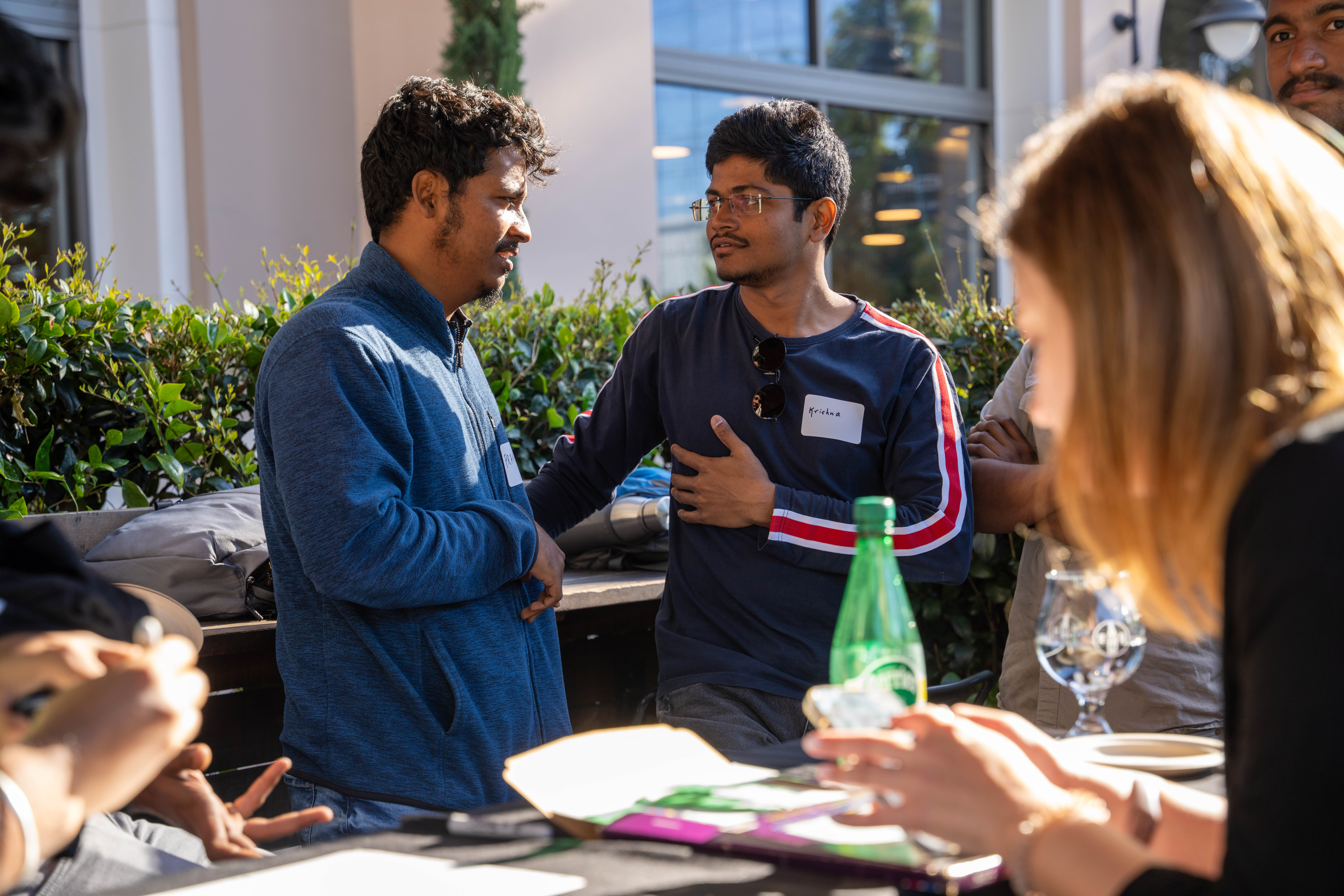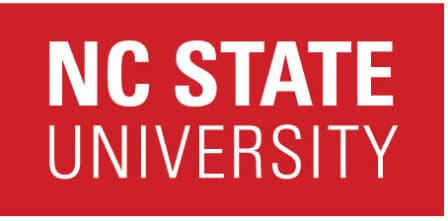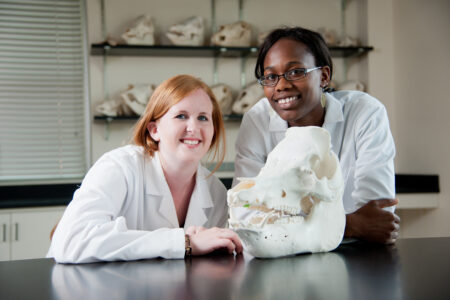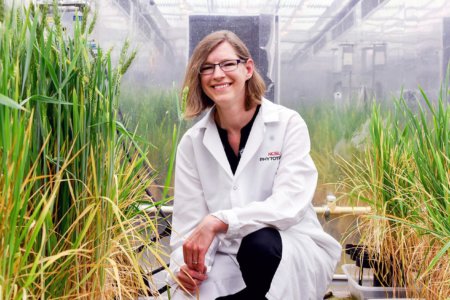Electrical engineering has had a long history at NC State University. Since 1893, the Department of Electrical and Computer Engineering (ECE) has offered innovative programmes and various research opportunities for outstanding students worldwide.
Here, ECE faculty members bring their real-world and research experience to the classroom, providing students with the know-how to tackle complex technological challenges. Take Sanskriti Deva, for example. She chose to pursue Computer Engineering at NC State, knowing that it is one of the best engineering schools in the country.
“I decided to study here because of the resources it had, the facilities, the campus culture, the strong corporate partnerships, the variety of classes offered, the quality of academic research, and the opportunity for hands-on learning,” she says. “Coming to NC State was truly one of the best things I could have done for myself and my career.”
Many bright students like Deva flock to the ECE department, which is ranked #12 among public universities in the US. The department offers over 110 distinct graduate courses that cover a wide range of technical areas. All are as flexible as they are impactful – students benefit from access to cutting-edge research while being able to tailor their courses to their career aspirations. You’ll be free to choose between thesis and non-thesis options, a decision guided by the best minds and practitioners in a wide range of topics.
One such expert is Professor B. Jayant Baliga, who was recently awarded the 2024 Millennium Technology Prize for his work on the invention, development, and commercialisation of insulated gate bipolar transistors, (IGBTs), which play a critical role in energy efficiency for technologies worldwide. As an ECE student, you’ll learn directly from these leading figures in hands-on projects and courses. Alumni, industry members, and the department’s formal advisory board often provide feedback, ensuring courses are kept up-to-date and relevant. New, innovative courses are in the works, such as “Wearables with AI Capabilities” led by Professor Edgar Lobaton.
This innovative spirit is everywhere in the department. Like-minded students gather in clubs and organisations, with some even starting their own, like Deva. Her student work paved the way for events such as Company Night for Women in ECE, the largest student-led recruitment event in the Southeastern US, and the Quantum Workshop series, which taught over 200 students quantum computing from scratch.
“The first is Women in Electrical and Computer Engineering, a group supporting and providing a community for women in the department. The second is Quantum Computing Club which helped teach and get people excited about the field,” she says. “Through the support of the department, we were able to grow both clubs to hundreds of students and create high-impact events.”

Strong partnerships with alumni and industry leaders ensure that ECE students are ready to meet the demands of rapidly evolving industries. Source: NC State University
Producing and supporting career-ready graduates
All ECE students have access to cutting-edge research opportunities. The university is home to centres like ASSIST, an NSF-funded Engineering Research Center established in 2012, and the Institute for Connected Sensor Systems (IConS), which leads, integrates, and delivers sensors, sensing, and systems solutions for and by the research community. Students and faculty alike have opportunities to engage with each other, secure funding for their projects, and explore resources and interdisciplinary opportunities to leverage critical sensor technologies.
“I got to do a lot of experiential learning opportunities, some of which include going to professional conferences such as the Grace Hopper Conference, doing an internship, and doing undergraduate research,” says Deva. “By attending professional conferences I got to dive into what it would be like to be a professional in the industry, network with leaders in the field, and learn from some of the best experts worldwide.”
Students highly value this type of work-integrated networking and skill development, as they are able to connect with industry experts and alumni. Some, like Deva, go on to score big-time internships at prestigious companies – she interned twice at IBM Quantum’s research facility in Yorktown Heights.
“I got to work on the intersection of business and technology, learning about the business side of quantum computing,” she said. “Through the guidance of my mentor and manager, I had the unique opportunity to contribute to some of IBM Quantum’s major launches, like Qiskit Functions, which was announced this week. It was really cool to learn from experts at the top of their field and see how they work to bring such an emerging technology to the world.”
Greg Byrd, Professor at NC State ECE and Executive Director at the IBM Quantum Innovation Center said, “Sanskriti has truly exemplified the spirit of innovation that we strive to cultivate at NC State ECE. Her ability to connect cutting-edge quantum research topics and real-world business applications is impressive and speaks volumes about her dedication and potential. It’s been inspiring to watch her grow through her internships with IBM Quantum and her leadership in student organisations.”
It’s clear that your employability is a big focus here. With an in-house team of Career Services professionals with connections to industry market leaders worldwide, the team goes above and beyond to ensure students have access to job opportunities, partnerships, and even alumni mentoring programmes. It’s this kind of dedicated support that gives graduates a headstart in realising their career goals.
Deva is confident of joining the quantum computing field after graduating. “This would not have been possible without the ECE department or the IBM Quantum Innovation Hub,” she adds. “As an undergraduate student breaking into a field like quantum computing can seem near impossible, but the resources, guidance, and mentorship provided by the programme helped me accomplish my dreams.”













